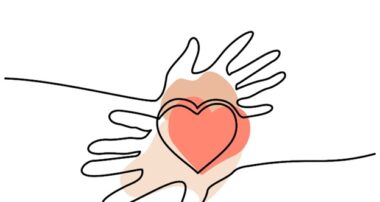Adults, adolescents and teens struggling with bulimia nervosa may engage in recurrent and frequent episodes of eating unusually large amounts of food (e.g., binge-eating), and feeling a lack of control over the eating. In someone suffering from bulimia, binge-eating is followed by a type of behavior that compensates for the binge, such as purging (e.g., vomiting, excessive use of laxatives or diuretics), fasting and/or excessive exercise. The bulimic adult, teen or adolescent may stop only when the stomach feels painful from over-extension, at which point the bulimic may engage in self-induced vomiting or other forms of purging. This bulimic binge and purge cycle may be repeated several times a week or, in more serious cases, several times a day. Bulimia Nervosa is a disease that should be treated with compassion and medical intervention. Do not judge or condemn someone struggling with this serious medical disease.
If you suspect that you or someone you love is struggling with bulimia, we suggest that you immediately contact Rosewood Centers for Eating Disorders for a free, no-pressure assessment by a trained eating disorder intake specialist.
Symptoms of Bulimia Nervosa in adults, adolescents and teens include:
- Chronic gastric reflux after eating, peptic ulcers
- Cuts and injuries to the throat and lining of the mouth as a result of insuring objects into the mouth to induce vomiting.
- Inflammation of the esophagus or a rupture in the wall of the esophagus wall due to vomiting
- Swollen glands in the neck, under the jaw line. Swollen salivary glands.
- Dehydration, constipation, hypokalemia, gastroparesis (delayed emptying)
- Electrolyte imbalance, which can cause cardiac arrest, arrhythmia, and death.
- Erosion of enamel on teeth due to frequent exposure of teeth to gastric acid.
- Infertility
- Calluses or scars on the back of the hands from self purging.
- Constant weight fluctuations









